All Stories
-
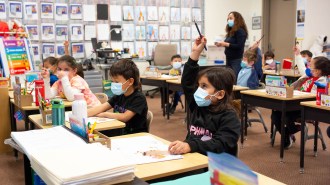 Health & Medicine
Health & MedicineSchool mask mandates in the U.S. reduced coronavirus transmission
Mandatory masking lowered transmission rates to nearly one-fourth those of schools where masks were optional, data from over 1 million children show.
By Anna Gibbs -
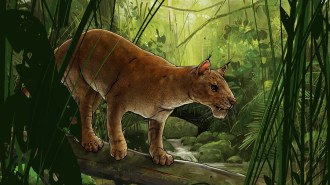 Paleontology
PaleontologyA new saber-toothed mammal was among the first hypercarnivores
A 42-million-year-old jawbone with slicing teeth and a gap to fit saberlike teeth is pegged to a new species of the mysterious Machaeroidine group.
-
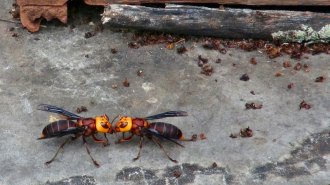 Animals
AnimalsHow to make irresistible traps for Asian giant hornets using sex
Traps baited with compounds found in the sex pheromone of hornet queens attracted thousands of males in China.
-
 Astronomy
AstronomySome of the sun’s iconic coronal loops may be illusions
Folds in the plasma that streams from the sun might trick the eye into seeing the well-defined arches, computer simulations of the solar atmosphere show.
-
 Health & Medicine
Health & Medicine50 years ago, oxygen was touted as a potential memory loss treatment
In 1972, researchers were studying whether hyperbaric chambers could help reverse senility. Today, science is still piecing together clues.
-
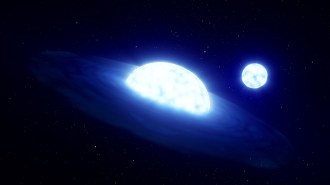 Astronomy
AstronomyEarth’s purported ‘nearest black hole’ isn’t a black hole
A disputed multiple-star system doesn’t have a black hole, as once reported, but is actually a missing piece in binary star evolution.
By Liz Kruesi -
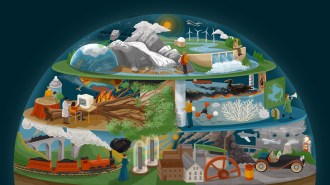 Climate
ClimateHow did we get here? The roots and impacts of the climate crisis
Over the last century and a half, scientists have built a strong case for the roots and impacts of human-caused climate change.
-
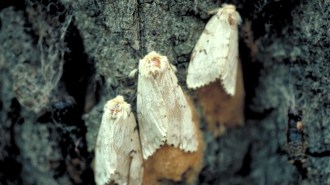 Animals
AnimalsThe spongy moth’s new name replaces an ethnic slur
The Entomological Society of America renamed Lymantria dispar the “spongy moth,” replacing its previous problematic common name, “gypsy moth.”
By Jude Coleman -
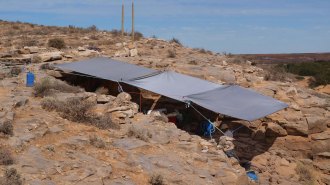 Archaeology
ArchaeologyAncient Homo sapiens took a talent for cultural creativity from Africa to Asia
Excavations at two sites continents apart show that Stone Age hominids got culturally inventive starting nearly 100,000 years ago.
By Bruce Bower -
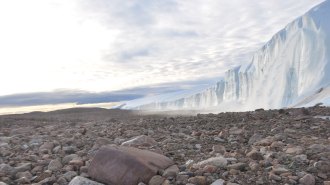 Earth
EarthThe mysterious Hiawatha crater in Greenland is 58 million years old
An impact crater spotted in 2015 in Greenland is far too old to be connected to the Younger Dryas cold snap from 13,000 years ago, a study suggests.
-
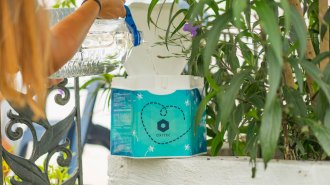 Animals
AnimalsGenetically modified mosquitoes could be tested in California soon
The EPA also OK’d more trials in Key West, Fla. Both states now get their say in whether to release free-flying Aedes aegypti to sabotage their own kind.
By Susan Milius -
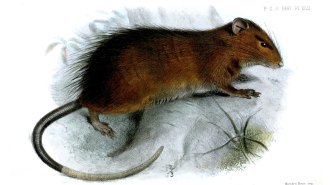 Genetics
GeneticsAn extinct rat shows CRISPR’s limits for resurrecting species
Scientists recovered most of the Christmas Island rat’s genome. But the missing genes signal a problem for using gene editing to de-extinct species.
By Anna Gibbs